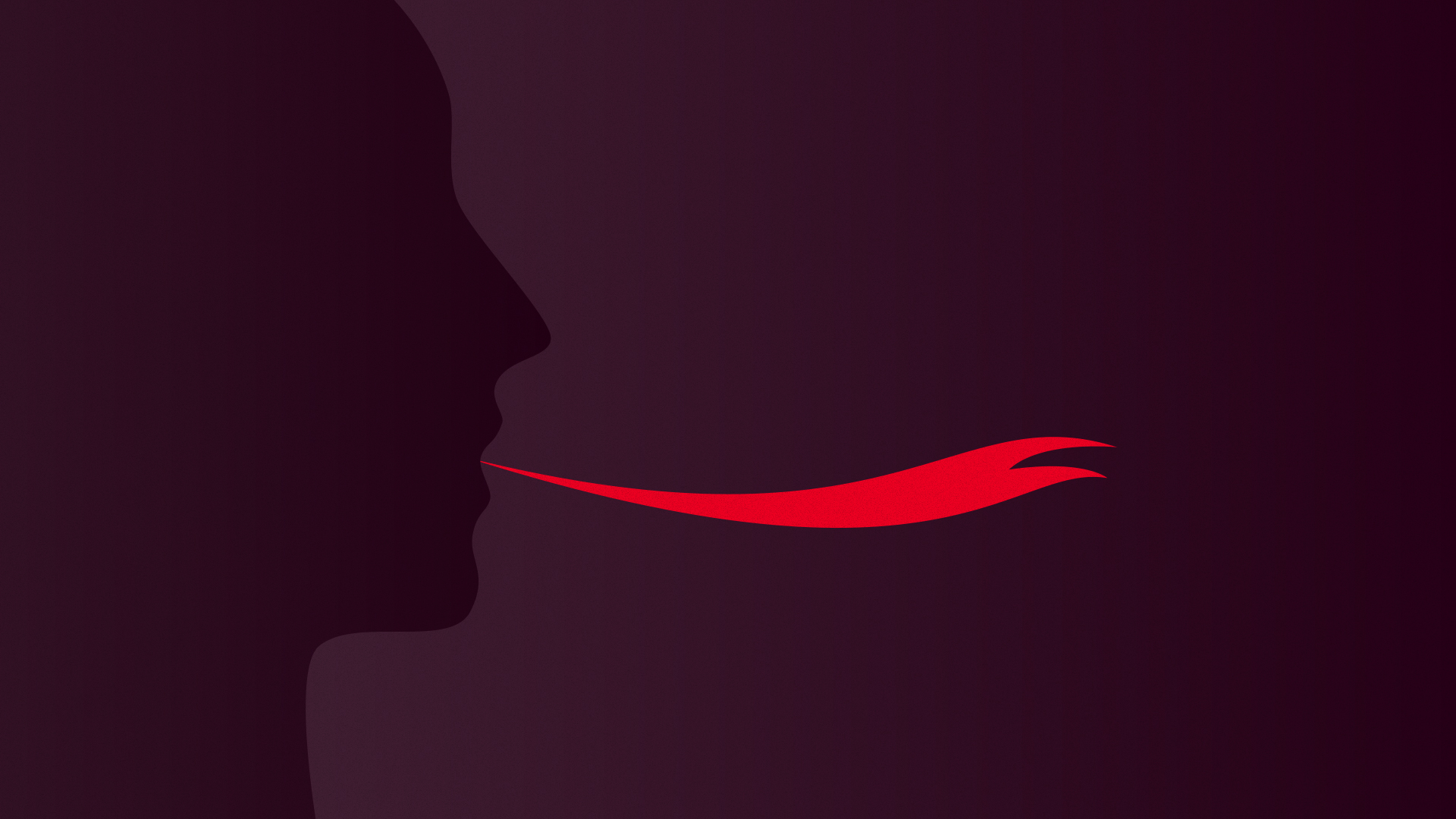Lügen – kurze Beine, lange Folgen
In der ersten Episode der Science-Fiction-Serie Dune: Prophecy erklärt eine Lehrerin im Unterricht über das Wesen des Menschen, die größte Waffe der Menschheit sei die Lüge. „Menschen setzen auf Lügen, um zu überleben“, doziert sie. Im Lauf der Serie wird ein zentrales Thema deutlich: Weil Menschen willens sind, zu täuschen, sind sie unzuverlässig und daher unberechenbar. Diese Unberechenbarkeit gibt ihnen die Möglichkeit, andere zu übervorteilen, sie zu überrumpeln, wenn sie unvorbereitet sind.
Wirklich nichts Neues, könnte man sagen. Der Hang des Menschen zum Täuschen, um Macht über andere zu haben, ist so alt wie seine Geschichte.
Aus biblischer Sicht neigt der Mensch in der Tat von Natur aus zu Falschheit, ist pervers und schwer durchschaubar. Einer der hebräischen Propheten sagte: „Nichts ist so abgründig wie das menschliche Herz. Voll Unheil ist es; wer kann es durchschauen?“ (Jeremia 17, 9; Gute Nachricht Bibel). Einige Jahrhunderte nach ihm hatte sich nichts geändert; eines der Evangelien überliefert, dass Jesus Arglist als einen der Wesenszüge nannte, die uns unrein machen (Markus 7, 21–23).
Verstärkt wird diese Wirkung vielleicht dadurch, dass Lügen sich fortpflanzen. Eine Lüge führt zu einer weiteren, bis das Lügen zu einem festgefahrenen Verhalten wird. Und schlimmer: „Wer einmal eine Lüge spricht, dem glaubt man auch die Wahrheit nicht.“ Thomas Jefferson, der erste Präsident der USA und Haupturheber der Unabhängigkeitserklärung, schrieb die klugen Worte: „Wer es sich erlaubt, einmal zu lügen, tut sich viel leichter, das ein zweites und drittes Mal zu tun, bis es schließlich zur Gewohnheit wird; er lügt, ohne darauf zu achten, und sagt die Wahrheit, ohne dass die Welt ihm glaubt. Diese Falschheit der Zunge führt zur Falschheit des Herzens, und mit der Zeit verdirbt sie all seine guten Anlagen.“
Sprach Jefferson nur von Politik? Wahrscheinlich nicht, obgleich die Lüge besonders im politischen Leben gängige Währung sein dürfte. Um an die Macht zu kommen, werden viele Versprechungen gemacht, ohne dass je beabsichtigt wird, sie zu halten; sie sind von Anfang an unehrlich.
„Wer wahrhaftig ist, der sagt offen, was recht ist; aber ein falscher Zeuge betrügt.“
Menschen lügen aus Stolz; um an Macht, Status, Prestige, Vermögen zu kommen; um Unsicherheit zu vermeiden; um an Dinge zu kommen, die ihnen nicht gehören; um ihre Betrügereien zu verdecken. Wenn all das möglich ist, wenn Lügen gewöhnliche Praxis wird, kann dann irgendeine menschliche Beziehung auf lange Sicht gedeihen?
Ein anderer bekannter Prophet beklagte den Zustand seiner Gesellschaft, als er über das Schicksal der Wahrheit und dessen besorgniserregende Folgen schrieb: „Das Recht ist zurückgewichen, und die Gerechtigkeit hat sich entfernt; denn die Wahrheit ist auf der Gasse zu Fall gekommen, und die Aufrichtigkeit findet keinen Eingang. Und die Wahrheit ist dahin, und wer vom Bösen weicht, muss sich ausplündern lassen“ (Jesaja 59, 14–15). Wenn Ehrlichkeit im Umgang mit Menschen untergraben wird und schließlich niemand mehr jemandem trauen kann, dann kann keine Gerechtigkeit erreicht werden, korrektes Handeln ist ein ferner Traum und Fairness bleibt außen vor. Dann steht die Gesellschaft vor dem Zusammenbruch.
Ein Modell von 2013 zeigt, wie die globale industrielle Zivilisation in fünf absteigenden Stufen zusammenbrechen kann. Der russisch-amerikanische Ingenieur Dmitry Orlov beschreibt einen finanziellen, kommerziellen, politischen, sozialen und kulturellen Kollaps. Auf der fünften, untersten Stufe „geht der Glaube daran, dass der Mensch gut sei, verloren“. Die Menschen, so Orlov, verlieren ihre Fähigkeit zu „Güte, Großzügigkeit, Rücksicht, Zuneigung, Ehrlichkeit, Gastfreundlichkeit, Mitgefühl, Nächstenliebe“. Mit anderen Worten: Unehrlichkeit hat die Oberhand; so vieles, das von Vertrauen, Wahrheit und Ehrlichkeit abhängt, bricht zusammen – und mit ihm die gesamte soziale Struktur.
Die oben erwähnte Lehrerin in der Science-Fiction-Serie erklärt, die Lüge sei die größte Waffe des Menschen. Richtiger wäre es, zu sagen, dass sie eine der größten Existenzbedrohungen des Menschen ist. Was können wir tun, um den Kollaps zu verhindern, den Orlov schildert? Es ist eine uralte Weisheit, dass geistliche Erneuerung die Perversität der menschlichen Natur umkehrt. Noch ein hebräischer Prophet, Sacharja, drückte es so aus: „Das ist’s aber, was ihr tun sollt: Rede einer mit dem andern Wahrheit und richtet recht, schafft Frieden in euren Toren, und keiner ersinne Arges in seinem Herzen gegen seinen Nächsten, und liebt nicht falsche Eide“ (Sacharja 8, 16–17).
Wie anders wäre dann die Welt.

